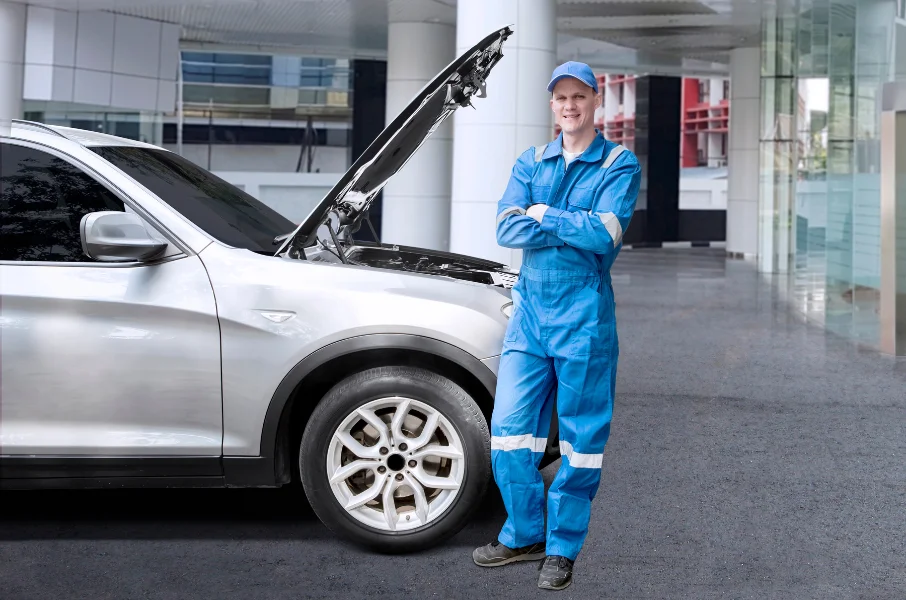European vehicles are admired around the world for their engineering excellence, performance, and design. Brands like Audi, BMW, Mercedes-Benz, and Volkswagen set the standard for driving comfort and innovation. However, their sophistication also means that maintenance and repairs can be more complex than with other vehicles. Understanding common issues that affect European cars and how to address them can help drivers maintain reliability and performance for years to come.
Electrical System Failures
One of the most frequent problems in European vehicles involves electrical system malfunctions. These can include issues with the alternator, sensors, power windows, or dashboard warning lights that appear for no obvious reason. Because European cars are equipped with advanced technology and electronic components, even a minor fault can cause a ripple effect across multiple systems. The best way to address this is through regular diagnostic scans using specialized equipment. A certified European car specialist can quickly identify the source of the problem using manufacturer-grade tools and software that generic workshops may not have access to.
Oil Leaks and Engine Seals
Oil leaks are another common issue seen in European vehicles, particularly in models that have high mileage. The problem often arises from worn valve cover gaskets, oil filter housings, or engine seals that deteriorate over time. If left unattended, oil leaks can cause significant engine damage or even lead to overheating. Checking oil levels frequently and inspecting the underside of the car for drips can help detect leaks early. For long-term solutions, it is advisable to have the seals replaced and the system pressure-tested by a European car specialist who understands the intricacies of these engines.
Cooling System Problems
The cooling system is very important for keeping the engine’s temperature in a safe range. People know that European cars are well-engineered, but this also makes their cooling systems more vulnerable to carelessness or bad coolant. Overheating, water leaks, or the heater not working properly are all common signs that the cooling system has failed. Regular checks of the coolant levels and radiator lines can keep problems from happening at the worst possible times. If the temperature gauge gives you strange numbers, you should take your car to a professional for a full cooling system flush and pressure test.
Transmission and Clutch Issues
Transmission problems can be particularly challenging in European vehicles due to their advanced gearboxes and dual-clutch systems. Drivers may notice jerking, slipping, or delayed shifting, especially in automatic transmissions. These problems might be caused by not enough gearbox fluid, broken sensors, or normal wear and tear inside the car. Addressing transmission problems early can save thousands in potential repairs. Regular fluid changes following manufacturer recommendations and having the transmission checked by a European car specialist are key steps to ensure smooth performance.
Suspension and Steering Wear
European cars are made to be fast and comfortable at the same time, which puts extra stress on the handling and suspension. Things like bushings, control arms, and tie rods can wear out over time, which can cause uneven tire wear or bad handling. If the car begins to pull to one side, vibrate, or make knocking sounds while driving, it’s a clear indication that the suspension needs attention. Replacing worn components with high-quality or OEM parts can restore the car’s precise handling and ride comfort.
Importance of Expert Care
European cars are built with precision and require maintenance that matches their engineering standards. While general auto repair shops can handle basic services, complex systems in these vehicles demand the expertise of a European car specialist. These professionals are trained in the specific technologies and diagnostic methods of European brands, ensuring that every repair is done correctly and safely.
Final Thoughts
It’s fun to own a European car, but you have to make sure it stays in good shape. By doing things like checking the electrical system and servicing the transmission, you can keep small problems from getting worse and needing major fixes. Taking your car to a specialist in European cars will not only keep it running well and protect its value, but it will also give you the smooth, powerful ride that European engineering offers.







